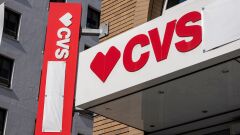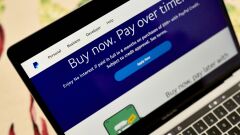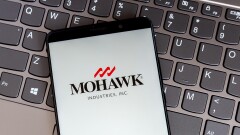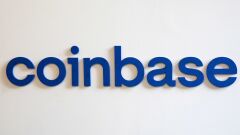Despite some political pushback against data
At least 94 firms on the S&P 100 have released or promised to share the figures about the demographics of their workforces that the U.S. Equal Employment Opportunity Commission collects each year, which is a huge jump from the 23 that did so two years earlier, according to a report this month by
The Berkeley, California-based nonprofit has been working under its motto of "empowering shareholders to change corporations for good" for three decades. Each year, it releases a "racial justice
[To see the firms with the highest and lowest scores, scroll down to the slideshow.]
As You Sow intends for advisors to use its data as an investment screen, according to Olivia Knight, the organization's racial justice initiative manager. Through outreach to the lowest-performing firms and subsequent shareholder
"We really want to see those hiring, retention and promotion rates, pay equity, what their long-term plan is for diversity increases, and that's what we're not seeing in those bottom 10," Knight said. "We also try to get them to build those programs out. We need to know every single thing. We need to know what their plans are for racial equity, both internally and externally. It goes beyond disclosure."
The group's announcement highlighted Buffett's comments at Berkshire Hathaway's annual meeting earlier this year, in which he acknowledged that race, gender and ethnicity still play a role in advancing in society. However, he also said that he didn't think the firms that Berkshire Hathaway invests in should "replace any of the people that run the businesses." Buffett was speaking in response to a question from a member of the team led by As You Sow workplace equity program manager Meredith Benton who asked about diversity data, Benton said in an interview. She's also the founder of ESG data firm Whistle Stop Capital, which provides research to As You Sow.
"He recognized the problem," Benton said of Buffett. "He then clearly misunderstood the request, which is unfortunate."
Representatives for Berkshire Hathaway didn't respond to requests for comment.
Financial advisor Keith Beverly of Washington, D.C.-based Grid 202 Partners sees As You Sow's data as a useful screen on top of his firm's own proprietary set grading companies based on surveys of their employees, especially female members of minority groups. The data can assist investors in deciding "which companies are just being performative" in their commitments
"It's great that we're at a point that we have more data, and now what's going to be critical is tracking the trends in that data over time," he said, echoing Knight's remarks about the figures going beyond merely disclosing demographics. "Right now, we're giving companies credit for just taking a test, as opposed to what they're getting on the test," Beverly added.
The conversations with companies responding to As You Sow's research have shifted notably over the past couple of years, according to Benton. The firms are mostly asking how best to share their workforce demographic figures rather than rejecting the notion that they should have to do so, she said.
"There isn't one company that we've spoken with that has even hinted at it being nonmaterial," Benton said. "Any company that receives the request and declines to honor it, they're making a very conscious decision to go it alone. They're lone-wolfing at this point."
To see a collection of the publicly traded companies with the highest and lowest ratings on As You Sow's scorecards, scroll down the slideshow. For coverage of last year's As You Sow ratings,
Note: As You Sow and ESG data research firm Whistle Stop Capital
Financial Planning reached out to all 18 companies below for comment on the organization's findings. Only two sent responses.

























